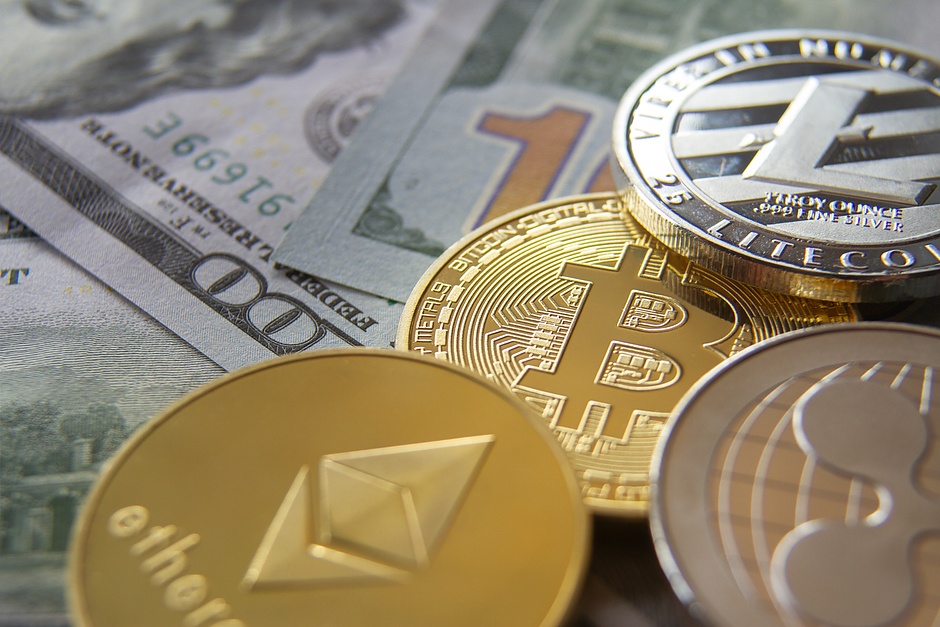Blockchain-backed Smart Cars to Revolutionize the Road

As I pulled into a paid parking lot, I realized that I didn’t have any cash on me. No problem, there was a Bank of America ATM right just down the block.
I had to wait behind a moron who took so long that by the time I got back to my car, the parking enforcement patrol strapped a parking boot to my tire.
50 minutes and $115 later, I got my car out of parking jail.
Arggggh!
I can’t wait for blockchain to make sure I never get waylaid by the parking lot tyrants ever again.
Blockchain?
That’s right; five of the largest automakers in the world — General Motors (GM), Ford (F), Honda (HMC), Renault and BMW — are field testing a blockchain-based vehicle identification system that will let drivers automatically pay parking fees and highway tolls without cash or credit/debit cards.
Hooray!
Here’s how it works: The blockchain-based system assigns an individual digital ID to every car as it rolls off a factory floor. This vehicle ID is then linked to whoever buys it. It includes information such as ownership authentication and bank accounts.
For toll roads, the vehicle ID makes it possible for fees to be automatically paid without the need for the specialized tags currently used in electronic toll collection systems.
It can also be used for parking lots, like the one that clipped me for $115.
Mobility Open Blockchain Initiative
This system is called the Mobility Open Blockchain Initiative. It’s built around a blockchain-secured system that tracks the car during its entire lifetime.
In addition to ownership and personal banking information, other data such as sales history, maintenance and repairs and recall information are stored in an immutable distributed ledger — aka blockchain.
How about that! A blockchain log that records a car’s entire repair/maintenance history and that can also verify that all replacement parts are factory-authorized and not faulty black market parts.
What a wonderful tool for used car buyers!
Blockchain could also be used to track driving mileage and make it possible for low-mileage drivers to pay lower auto insurance rates.
Or it could make standing in line at the Department of Motor Vehicles to register and title a new car unnecessary since ownership could be transferred digitally. Blockchain technology would be able to verify and secure that sensitive data.
Or it could remotely unlock your car door when locked your keys inside.
A blockchain system would be especially useful for electric and hybrid automobiles. Car makers invested in blockchain want all public charging stations to be internet-enabled. This would allow data, as well as messages, to be automatically downloaded while plugged into a charger.
Heck, it may even be possible to pay for a Big Gulp, Slim Jim and six-pack of Bud Light with your car.
All these ambitious services are only possible with blockchain due to the security and reliability the tech offers. After all, nobody wants their personal banking and financial information floating around the airwaves for thieves to steal.
The distributed ledger technology of blockchain is what keeps your data safe.
Blockchain has such far-reaching potential that can sound more like science fiction than reality, including the support of self-driving cars.
People said the same thing about the personal computers, the internet, mobile phones and social media when they were first introduced. And I don’t have to tell you how much money you could have made by investing in the pioneers of those industries.
The same is even more true for blockchain stocks. So, jump on board ... NOW!
Author

Tony Sagami
Weiss Crypto Ratings
Tony Sagami is one of the early pioneers in the application of technical and quantitative analysis to mutual funds and stocks. A veteran investment adviser and a leading expert on technology investing, he is the editor for Dr.




